Cider Making Products
-
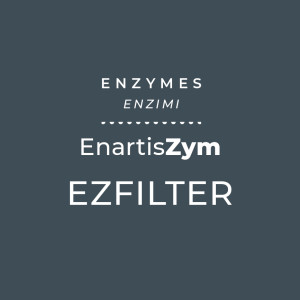
-

-
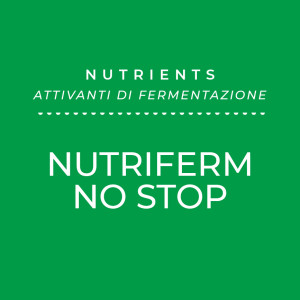
-
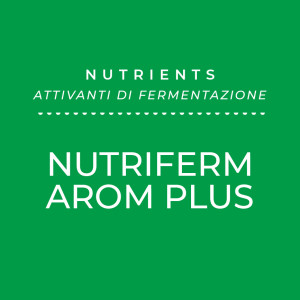
-

Product
Size
Price
35-928-001010 kgRegular Price: $200.00
Special Price $100.00
-

-
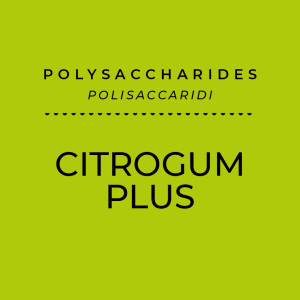
-

-
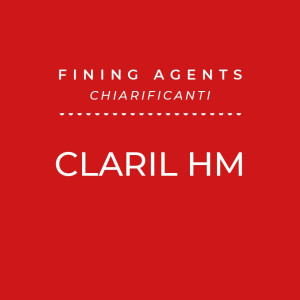
-
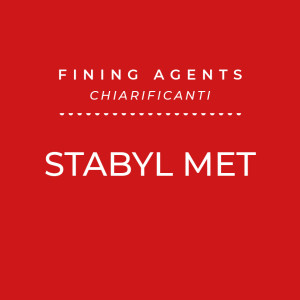
-
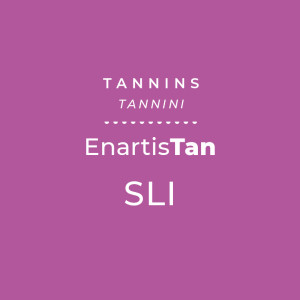
-
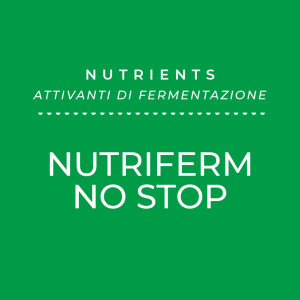
-

-

-

-

Product
Size
Price
35-810-0000125 g bag$5.5035-815-0000250 g bag$9.7535-810-00011 kg bag$24.00 -

-
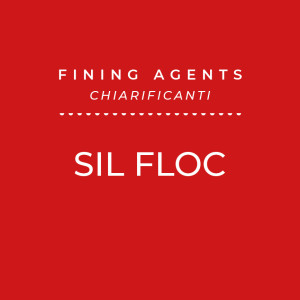
-
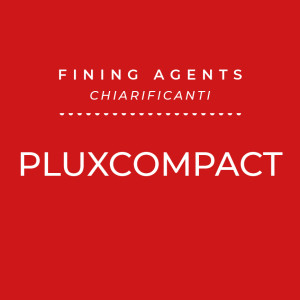
-

-
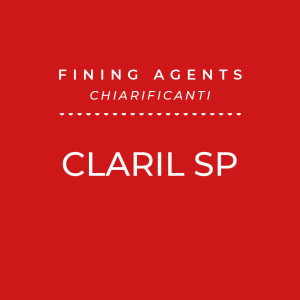
-

Product
Size
Price
35-355-00011 kgRegular Price: $450.00
Special Price $225.00
-
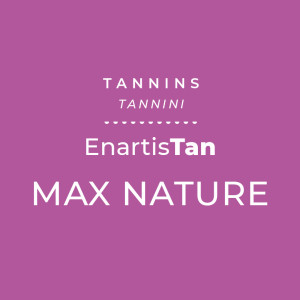
-

-

Product
Size
Price
35-200-00011 kg$55.0035-200-001010 kg$490.00 -

-

-

-
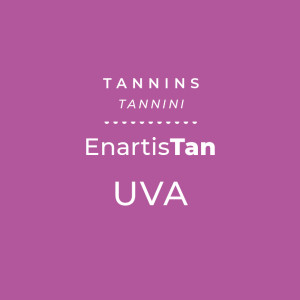
Product
Size
Price
35-355-00011 kgRegular Price: $450.00
Special Price $225.00
-
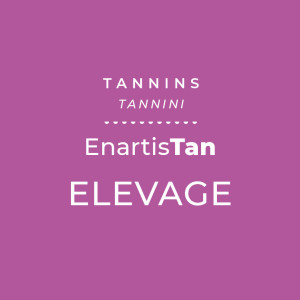
-

-
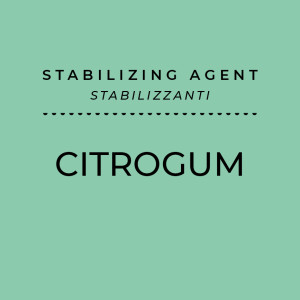
-
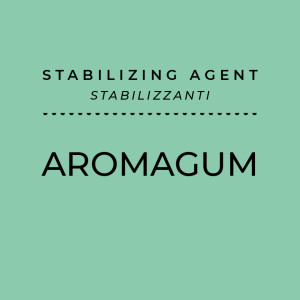
-
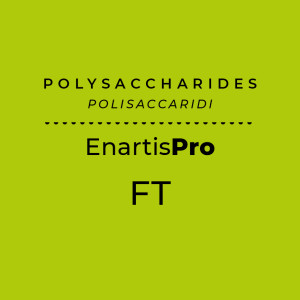
-
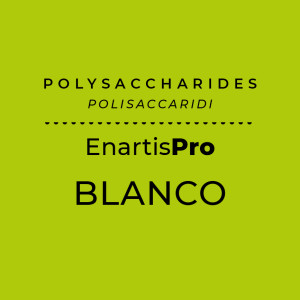
-

Product
Size
Price
35-400-00011 kgRegular Price: $95.00
Special Price $71.25
-
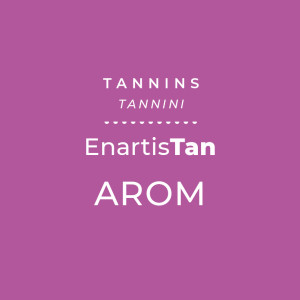
-

-
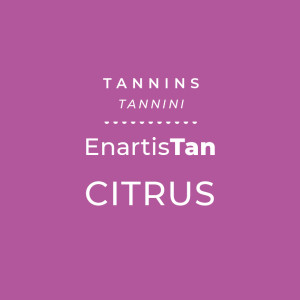
-
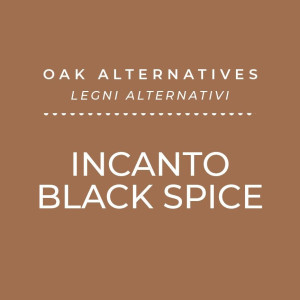
-

-
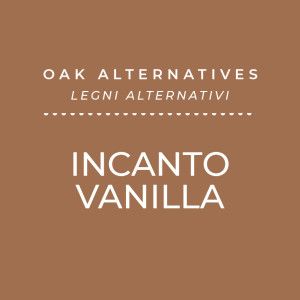
-

-

-

-

-
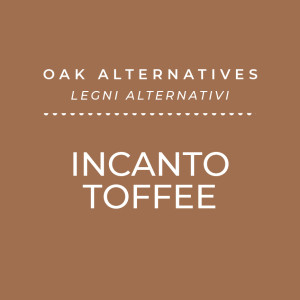
-


 MAIN BRANCH 7795 BELL ROAD, WINDSOR, CA 95492 - tel: 707 838 6312 fax: 707 838 1765
MAIN BRANCH 7795 BELL ROAD, WINDSOR, CA 95492 - tel: 707 838 6312 fax: 707 838 1765